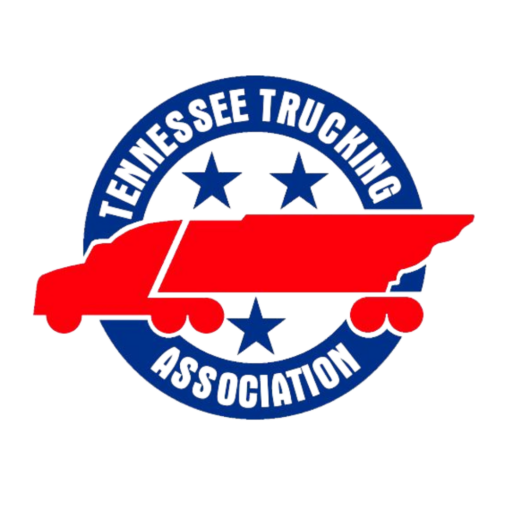
Hazardous Materials shipping is one of the most dangerous jobs in trucking today and requires special handling to minimize the risks. The materials are among the most complicated, regulation-heavy, and expensive to ship. Because they could pose a danger to people, property, or the environment, there are many rules and regulations required to transport them. While most people associate hazmat with batteries, fireworks, or flammable goods, it can also include ordinary items like dry ice, dry shampoo, perfume, and e-cigarettes.
Following the safety guidelines of each class can safeguard life and property. When shipping hazmat materials, a Safety Data Sheet (SDS) is a standard element guide on how products should be handled and includes information like the properties of each chemical, its hazards, first aid, and clean-up procedures. There is a correct method of transportation and goods must be packaged in such a way that poses no threat during their journey, so they arrive in good condition. The importance of training for the skills to handle any emergency cannot be understated! And DON’T FORGET the personal protective equipment (PPE) that helps you remain healthy, despite exposure, and prevents harm if accidents occur.
Here are some of the most frequent HazMat Violations from roadside inspections:
- Package not secured
- No copy of USDOT HazMat Registration Number
- No or improper shipping papers (carrier)
- No Placards/Markings when required
- Placard is damaged, deteriorated, or obscured
- Failing to register with PHMSA prior to transporting
For more information related to Hazardous Materials Regulations and How to Comply, click on the link:https://www.fmcsa.dot.gov/regulations/hazardous-materials/how-comply-federal-hazardous-materials-regulations
For more specific requirements, carriers and drivers should use the most current edition of the eCFR to familiarize themselves with 49 CFR Parts 100-185: eCFR :: 49 CFR Chapter I -- Pipeline and Hazardous Materials Safety Administration, Department of Transportation
Marty Pollock Director of Safety
Tennessee Trucking Association
